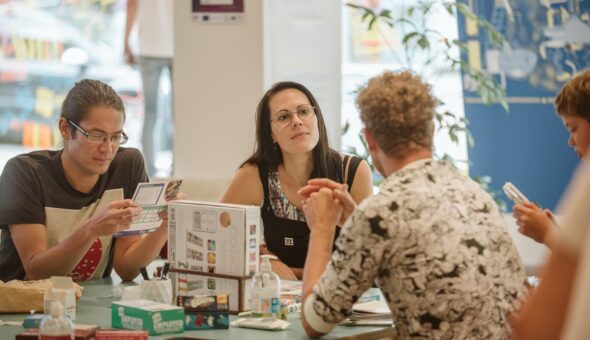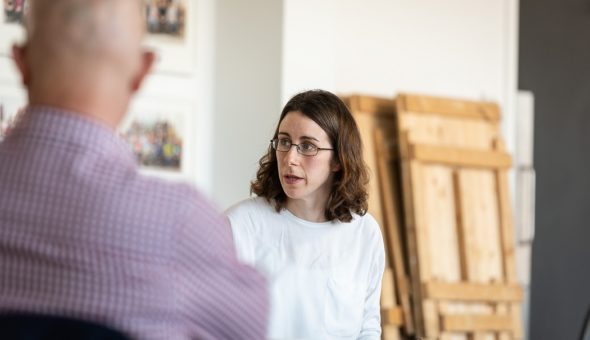Whenever a group of researchers and public engagement professional services staff get together it is almost inevitable that the topic of time comes up. In the next breath we hear the inevitable suggestion that public engagement should feature separately in the Workload Model (WLM). At the University of Bath our rationale for public engagement with research is founded on the principle that non-academic voices and experiences bring benefits to research. Because of this rationale we don’t have an allocation for public engagement in our Workload Model: public engagement is part of the research process so gets incorporated into the research strand of the WLM (I’m neatly sidestepping the reality of how Workload Models play out in practice).
If your institution justifies public engagement with research through a civic or social strand alongside the other two pillars of a university: research and teaching, then I can see why public engagement may need a separate allocation. In effect, the university is instructing academic staff that they should do research, teaching and “public engagement with the university” using research.
The first model frames public engagement as a research process which operates at an individual level. The second frames public engagement as an institutional endeavour which can be delivered (at least in part) through the research undertaken by academic staff.
Whichever model you operate in (and I’m sure there are more), it still doesn’t really acknowledge that public engagement is a time-consuming endeavour. As someone who spent over a decade as a public engagement practitioner I can verify that public engagement is a skill. Skills can only be learned through practice and repetition. It certainly took me years of practice and repetition to learn how to write meaningful, accessible and accurate exhibit labels.
So should we be framing public engagement as a research skill? Does it sit alongside the skills of data analysis, grant writing, speaking (and listening), paper-writing, peer reviewing, critical reading and many other skills we have to develop to be a well-rounded academic? If we take this approach then I think it can help us understand why public engagement feels like such a labour-intensive aspect of academic life.
Throughout the (near) lifelong training we have participated in to get us to the point where we undertake our own research during a doctoral degree we have been developing those other academic skills I listed. Yet it is rare that public engagement is even mentioned before or at undergraduate level, let alone taken seriously as a part of the undergraduate training offer that prepares young people for life in and beyond academia (we do it here at the University of Bath in three departments with an optional final year module which is universally well received).
It is therefore not surprising that public engagement feels disproportionately labour-intensive. It is often a genuinely new concept (and sometimes directly contradicts the training to date) with an associated new skillset. Anyone who’s tried to learn a new skill in adulthood knows how long it takes, and how frustrating it is until fluency and proficiency develop. We should be more forgiving of the time we are taking with our public engagement work. We not simply doing this stuff, we are learning about it as we do it. This means making mistakes, needing to rely on others to offer assistance on techniques and tools, undoing mistakes and redoing work.
So perhaps when we say we need more time for public engagement, what we really need is time to learn how to do public engagement? Should we be allocating some of our early public engagement work into the training and professional development strand of our (real or imaginary) work load model?
It also begs the questions of why we wait so late into academic training to introduce concepts of public engagement? Equipping all people to understand the social aspects of the subjects they are studying will benefit society in the long-term as young people move into active citizenship in adulthood, so I am not simply suggesting this is important for those who are considering academic careers but is vital for everyone and for democracy.
Helen Featherstone is Head of Public Engagement at the University of Bath
Respond


